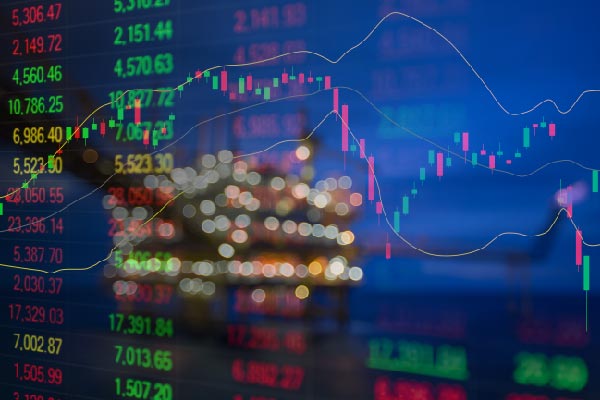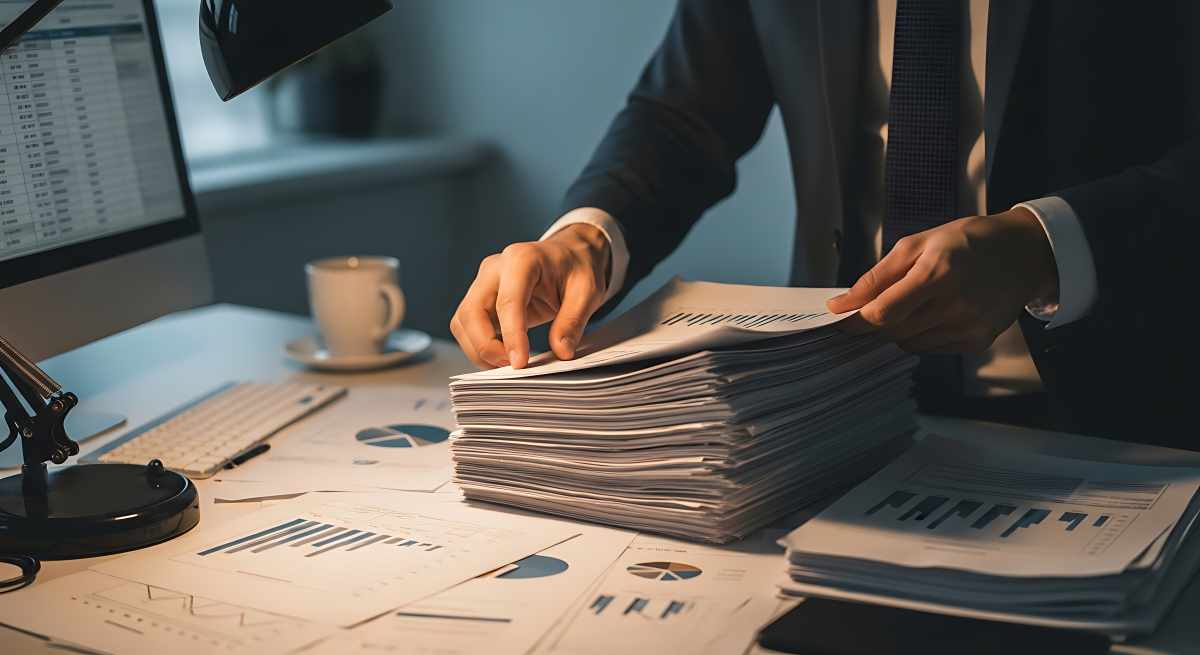Ahead of a busy series of energy and commodities events coming up from Commodities People in the coming weeks, we caught the webinar series Oil Trading Online from 7-8 September. The sessions included many broad topics including risk management, digitalisation, and the energy transition. We summarise some of our key takeaways from this event below.
Market standardisation
One of the major themes at this year’s event was the need and the appetite for greater standardisation. There are many challenges to overcome in the push for standardised processes, but companies are now working together to solve some of their common challenges, and that is a big change. There was general recognition that the industry does need to change, and that change can benefit all parties, but this is difficult to achieve without collaboration.
One of the main challenges is that regulators don’t necessarily know what is needed from standards, but this provides an opportunity for the industry to have a collaborative impact on shaping standards and ensuring they work as needed for stakeholders.
Existing standards differ by geographies and jurisdictions. For example, the technology for electronic Bills of Lading exists, but only a very small percentage of global trade uses EBLs despite their benefits, in part because there are many discrepancies around the legal status of electronic documents or signatures. This means that on top of barriers to electronic documents when trading across borders, your counterparties and even your own legal team may currently require physical documents or signatures.
However, this doesn’t mean that we should wait for all regions, or even all trading partners, to agree on a defined set of standards for sharing data or for electronic documents, as we could be waiting a very long time. Instead, by beginning the conversations with other companies and regulators, we can help standards evolve in an agile way. By collaborating with different people internally and across companies, we can help standards become useful tools for sharing data, and use agile processes to show us where collaboration can be most effective.
The energy transition
Any discussion of energy markets will likely include the energy transition. The key message from every discussion was that this is certainly a transition, not a switch that can be suddenly turned from fossil fuels to renewables. Existing fuels are needed to mine, transport, and manufacture the materials needed for the energy transition.
And there does need to be a balance between consumer needs and the environment; such as is currently happening in Europe where limited gas supply has led to a short-term resurgence in coal usage.
However, all signs are pointing to the oil majors getting more involved in the nuts and bolts of climate action. And the energy transition also feeds into discussions of ESG, where it is felt that we have historically spent most of our time and energy on the environment, now social and governance factors are likely to come to the fore. This is based both on people within the organisation pushing a responsible agenda and because counterparties such as finance providers increasing expect to see action in these areas.
Other key topics
The various panels went into even more detail on risk and how technology can mitigate this risk as well as support companies in meeting the governance challenges raised above. Keep an eye out for part two where we’ll be summarising these important discussion points.



